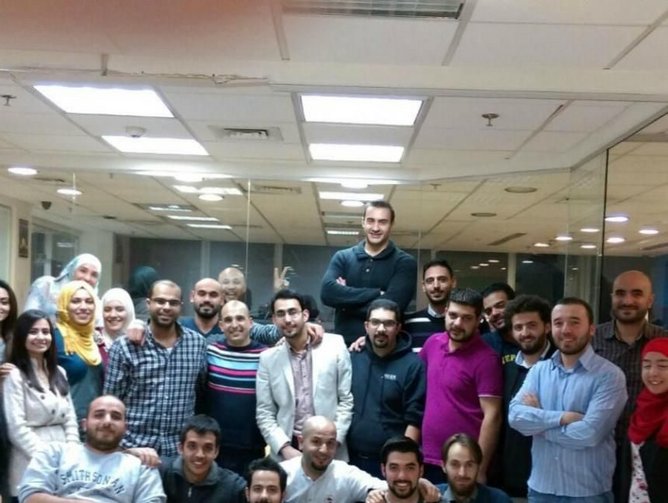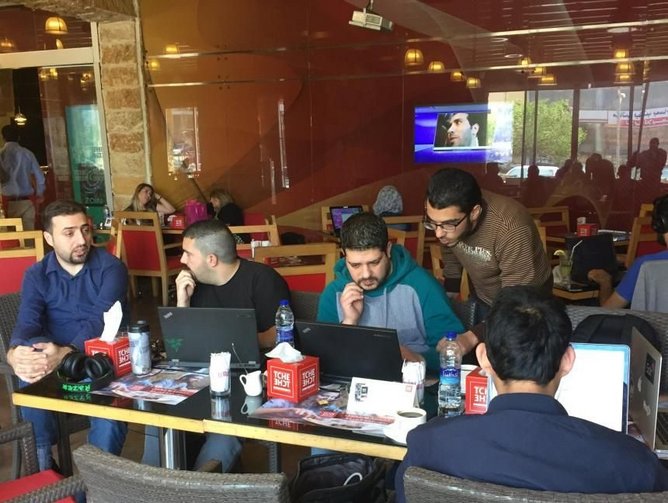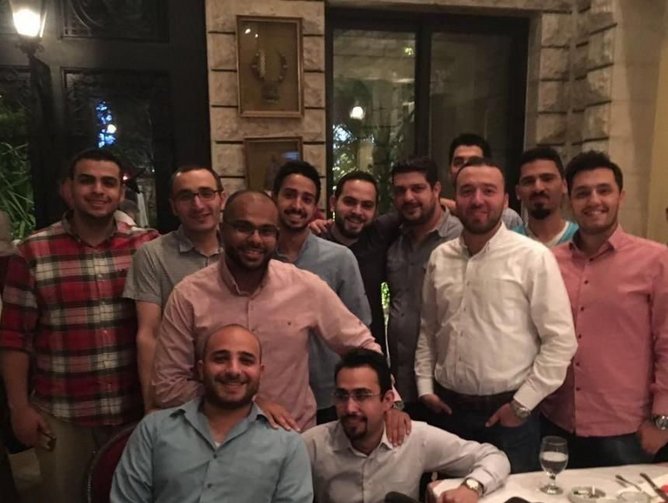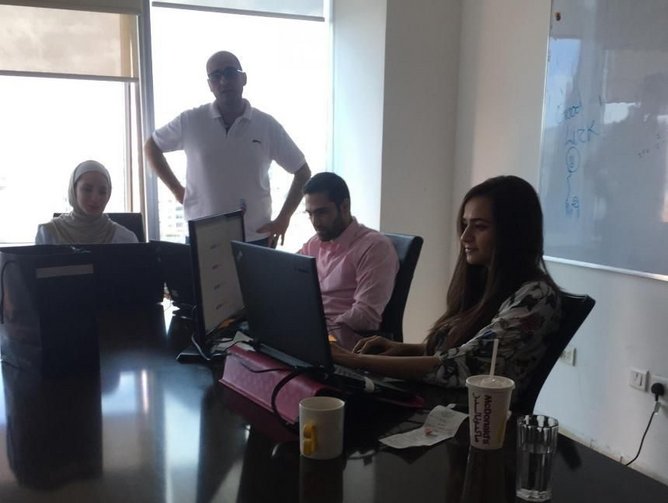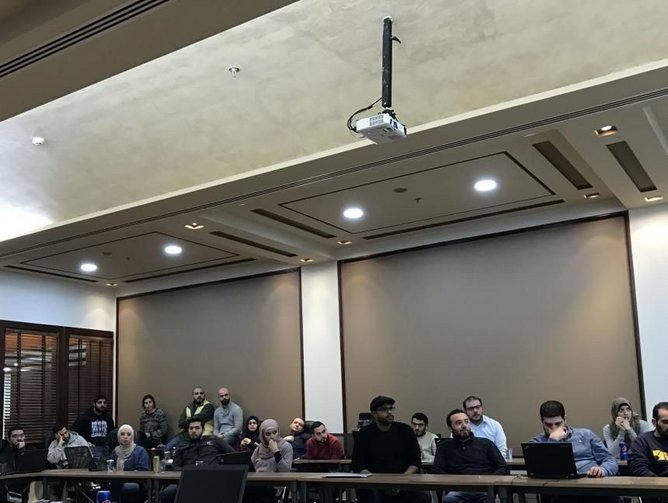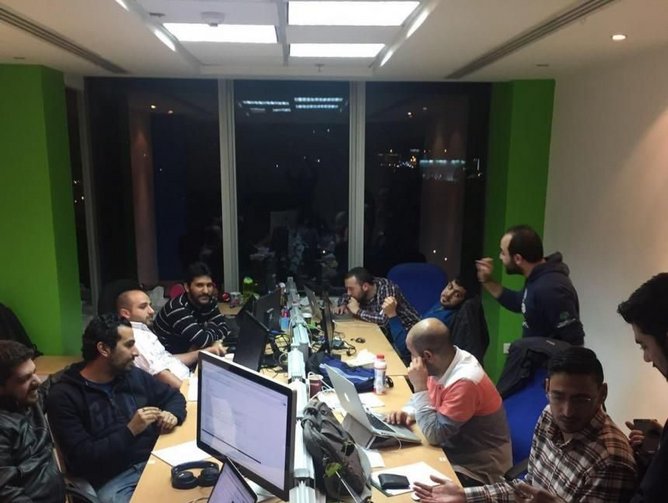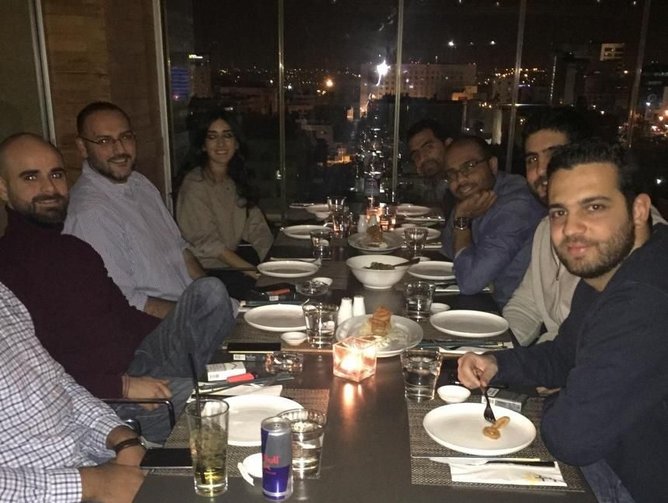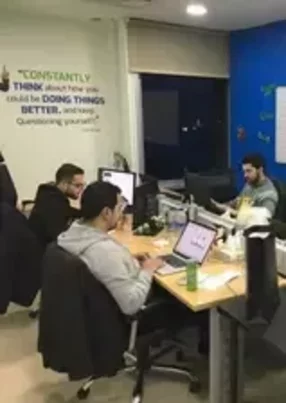In 2017, Arabic is currently the fourth most spoken language in the online digital space. Over the last seven years there has been a surge in online traffic across the Middle East and North Africa (MENA) region, and with more than 155 million Arabic users today, there needed to be a platform that could cater to this significant volume of users.
This is where OpenSooq comes into play. Founded in 2013, OpenSooq is a classified marketplace to sell, buy and advertise online goods and services across the MENA region.
“Despite being the fourth most spoken language, which will only continue to grow, nobody was focusing on it or providing solutions that could cater for it,” says Ramzi Alqrainy, Head of Technology at OpenSooq.
“But the numbers don’t lie and we have to focus on the Arabic language. Its what I do for the company and its what I’ve specialised in for my entire career.”
Alqrainy is one of the most recognisable names in the information retrieval and artificial intelligence (AI) space. Having worked on search engine optimisation and back end solutions for a number of leading technology companies throughout the Middle East, Alqrainy’s first task was to build a search engine system that could facilitate Arabic content.
“I started by building an analytic system that utilised machine learning, artificial intelligence and image and text recognition in order to ensure that when a user accesses OpenSooq, the post that they seek is in the right place under the right category and is clear and understandable,” he says.
One of the biggest challenges with the fourth most spoken language in the digital space is text recognition. The Arabic language, when written, has more than one thousand rules and variations all while using the same letters.
For Alqrainy, this was the first hurdle that needed to be cleared and as the company serves all across the MENA region, it is a challenge that persists even now.
“To put it simply, the characteristics of the Arabic language are very, very hard,” he says. “The way that Arabic is written, the same shape and word formation can be used but with only the slightest of alterations and suddenly it’s a completely different meaning or understanding all together.”
“It continues to be our biggest challenge because, when you consider localisation and where we operate there are different dialects to factor in. Egypt has a different dialect to Jordan, which has a different dialect to Iraq, and Syria for example.”
To that end, Alqrainy can call upon his significant experience in dealing with this exact challenge, particularly his time working on the Apache Solr program. Apache Solr is a highly reliable, scalable and fault tolerant indexing and configuration tool that powers the search and navigation features of many of the world’s largest internet sites including eBay, Netflix and Disney.
But Alqrainy couldn’t possibly be able to do this alone, especially with more than one and half billion-page views per month. In this regard, OpenSooq pools together the thought process of everyone, from management to customer service teams right through to the technology team and for Alqrainy, he feels this really is key to the success of the company.
“We all head into one room and we brainstorm together and we identify the challenges or the solutions collaboratively,” says Alqrainy. “OpenSooq’s technology and innovation comes as a direct result of this mentality as the management is a firm believer in our technology and what we are doing, rather than focusing solely on the market.”
Alqrainy is keen to stress that despite OpenSooq’s incredible growth over the years, there is still a company-wide mindset that continues to think like a start-up.
By this, Alqrainy refers to the way in which the company registered to an online portal in which staff members all across the company can access. This platform is called GitHub. Github is a development platform inspired by the way companies work, allowing users to host and review code, build software and infrastructure all alongside millions of other developers.
This, Alqrainy feels, is crucial for OpenSooq to continue to grow as the user base continues to grow.
“So, with GitHub, we can to develop open source projects and share both our knowledge and the knowledge of others in order to think outside the box and share in our successes,” he says. “When you are growing exponentially, with 400-page views per month becoming one and half billion page views per month, this growth cannot be accomplished without thinking outside of the box.”
Operating across the MENA region, OpenSooq’s market base is undoubtedly dynamic. To achieve this, Alqrainy must continue to push the localisation for every country and every market to push users to the website.
“When the product is growing, you need to take every function inside the product and we need to change the architecture of the product in order to scale, and give us the flexibility to add more changes and more features in the future,” he says.
As OpenSooq continues along this growth path, one which may very well expand the product offering beyond the Middle East and North Africa, Alqrainy keeps one key element at heart.
“It’s about the user at the end of the day,” he says. “As we continue to grow and continue to develop our product, be it AI, be it machine learning and information retrieval, it’s about helping the user get what they want.”
